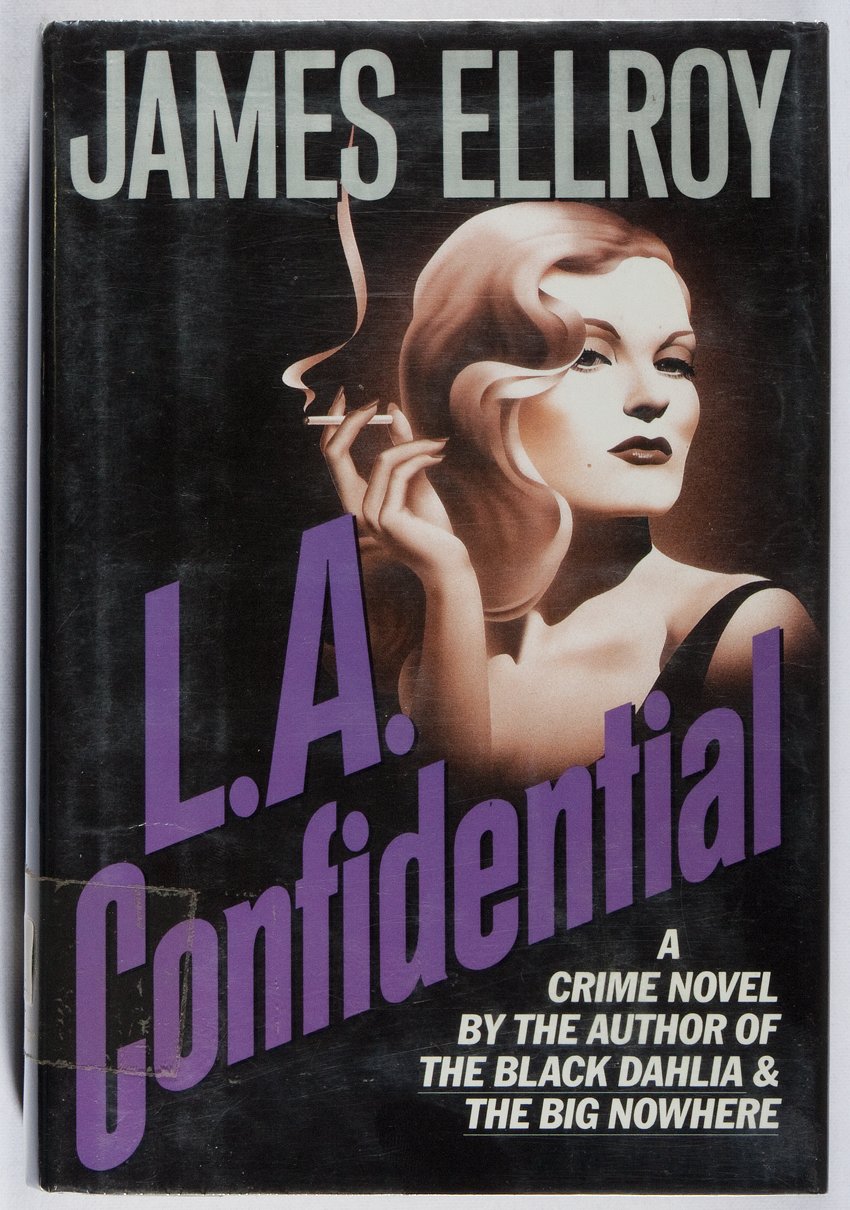Adverb
Adverb
/ˈædvɜːb/ (n.)
|
Towards more picturesque speech™
|
“Using adverbs is a mortal sin.”
- — Elmore Leonard
A word you use when you can’t think of a better verb. A good writer’s capitulation.
An adverb modifies a verb. It makes it stronger, weaker, more or less specific. Most end in ~ly, but not all do: “now”, “later”, “still” “again” “moreover”, “further”, “also”, “besides”, “too” can all function as adverbs, but note how redundant they tend to be:
“I will see you later”; “I am now reading”; “I have some further thoughts” — they render phrases idiomatic, but add no semantic content.
You can make adverbial phrases, too, like “on top of”, “over and above”, “into the bargain”, “by the same token” and so tiresomely (<-- also an adverb) on.
Writing hack
Therefore, a writing hack: if you are labouring with any prose passage, try removing all adverbs, and strengthening the verbs.
“Jane struck the ball firmly through the covers and proceeded quickly to the non-striker’s end.”
“Jane spanked the ball through the covers and galloped to the non-striker’s end.”
We call this the “James Ellroy oblique strategy”: the crime writer stumbled upon it when his editor told him to cut 100 pages from his L.A. Confidential manuscript. Adamant that removing any characters or plot-lines would kill the story, Ellroy combed the draft nixing every adverb, most adjectives and many verbs, in the process creating a distinctive style he’s stuck with ever since.
